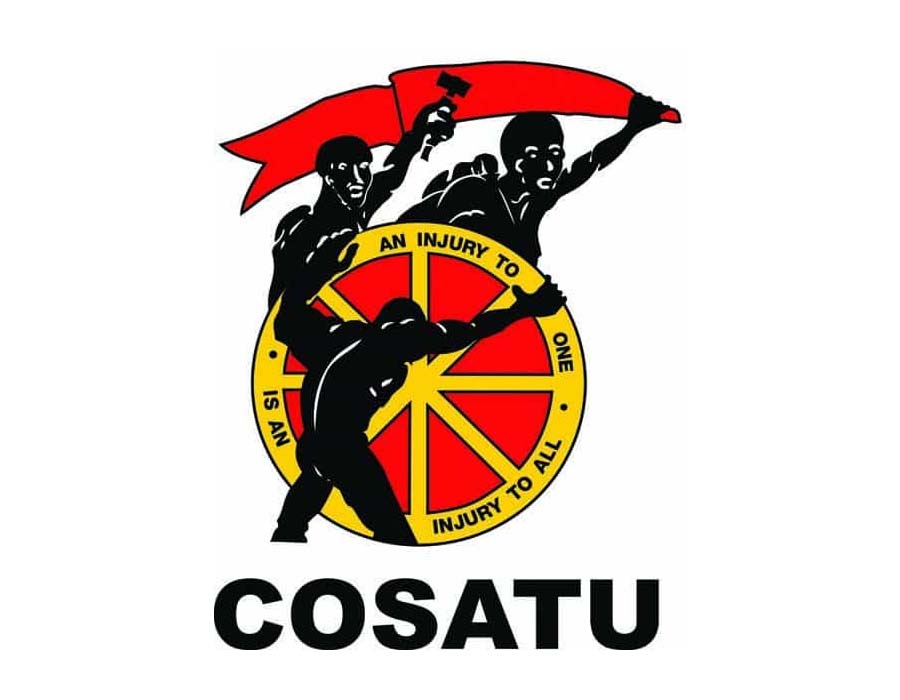Disciplinary hearings are held in South African workplaces when an employee is suspected of misconduct. Misconduct must first be addressed with disciplinary actions before any disciplinary hearing can take place. Disciplinary actions can take the form of verbal warnings, corrective counselling, and written warnings. During the disciplinary hearing, both the employee and the employer need a representative. The representative can be either the employee or the employer themselves, or another employee in the organisation, or they can be represented by a trade union. This blog post will discuss how trade unions can represent employees in disciplinary hearings and when can legal representation be used.
Trade Unions and employee representation

A trade union is defined as a group formed by workers in an organisation, this group serves to represent the rights and interests of employees. Trade unions work hand in hand with employers often forming partnerships but are independent organisations. They serve the interests of employees by negotiating better wages and working conditions. They discuss significant changes such as retrenchment. Discuss any concerns that employees and members of the trade union might have. Act as representatives for disciplinary hearings. Give out financial and legal advice to members, offer members educational training and discounted benefits in insurance.
During a hearing, an employee can choose a representative from their trade union, known as a shop steward. Shop stewards perform the following duties: they can serve as representatives during disciplinary hearings and are there to hear employees’ grievances, they are there to make sure that the employer complies with the Labour Relations Act, No 66 of 1995 – LRA and they make sure that there isn’t any breach of the LRA or employment-related laws. The union and the employer agree on various functions that the shop steward needs to carry out in representing employees. For the shop steward to represent an employee in a disciplinary hearing, the shop steward must be part of a trade union formed by the employees within the organisation.
Legal representation and disciplinary hearing

Legal representation is a service offered by attorneys to individuals and companies in court proceedings. During these court proceedings, an attorney will state mitigating facts on behalf of their client to prove them innocent. Lawyers may not represent employees at disciplinary hearings because they are considered outside representatives. Outside representatives are known as representatives from outside the employee’s workplace. Instead, workers are encouraged to choose a colleague or shop steward to represent them. The only way an employee can be represented by an attorney is through an application to the commission. The Commissioner is the only person that can either approve or decline the application depending on the severity of the case. When employees seek out outside legal representation, they do this in the hope that an attorney can better represent them.
Disciplinary hearings and language interpretation
Interpretation can be defined as audio translation of spoken language from one language to another. South Africa has eleven official languages, making it a diverse country. This means that companies employ diverse people throughout South Africa, who speak different languages. In this instance, South African employees have a right to an interpreter in disciplinary hearings according to the Labour Relations Act, No. 66 of 1995 – LRA. This can help with any language barriers that the employee may face and ensures that the hearing remains objective.
The interpreter is one of the most important members at a disciplinary hearing between the chairperson, the employer, the employee, the representatives of both the employee and the employer and the witnesses. The hearing is mostly confidential down to its verdict and held in a private setting. The final verdict should not be discussed with anyone outside the hearing and records of the hearing are only kept temporarily.
Employees that usually seek interpreters

Most workers who normally seek interpreters are those in manual labour jobs. Manual labour jobs are jobs that require physical labour, such as working in construction, being a general worker, a wielder, a plumber, a truck driver. Manual labour employees usually seek interpreters to interpret the proceedings of a disciplinary hearing in a language they feel confident and proficient in.
For a disciplinary hearing to be fair and just, due process must be followed meaning if an employee requests an interpreter, that request must be granted. The employee should be provided with a competent interpreter for the procedure to remain objective. If these rules and regulations are not followed, any decision taken during the hearing would be invalid. It is therefore important to follow due process and ensure that all parties are properly represented.
Professional interpretation service for disciplinary hearings
Our Agency offers accredited interpreters, who will be happy to interpret during disciplinary hearings. We have interpreters who are proficient in South African languages and will be at your service upon your request. We are a certified interpretation agency with impeccable interpreters who provide nothing else but the highest level of professionalism and language proficiency. Our interpreters will make sure that there isn’t any language barrier between the employee and the employer by providing you with quality interpreters. Please give us a call if you have questions about the services we provide on 012 348 3134. Alternatively, send us an email to info@frenchside.co.za and a member of our friendly team will get back to you.




Leave A Comment